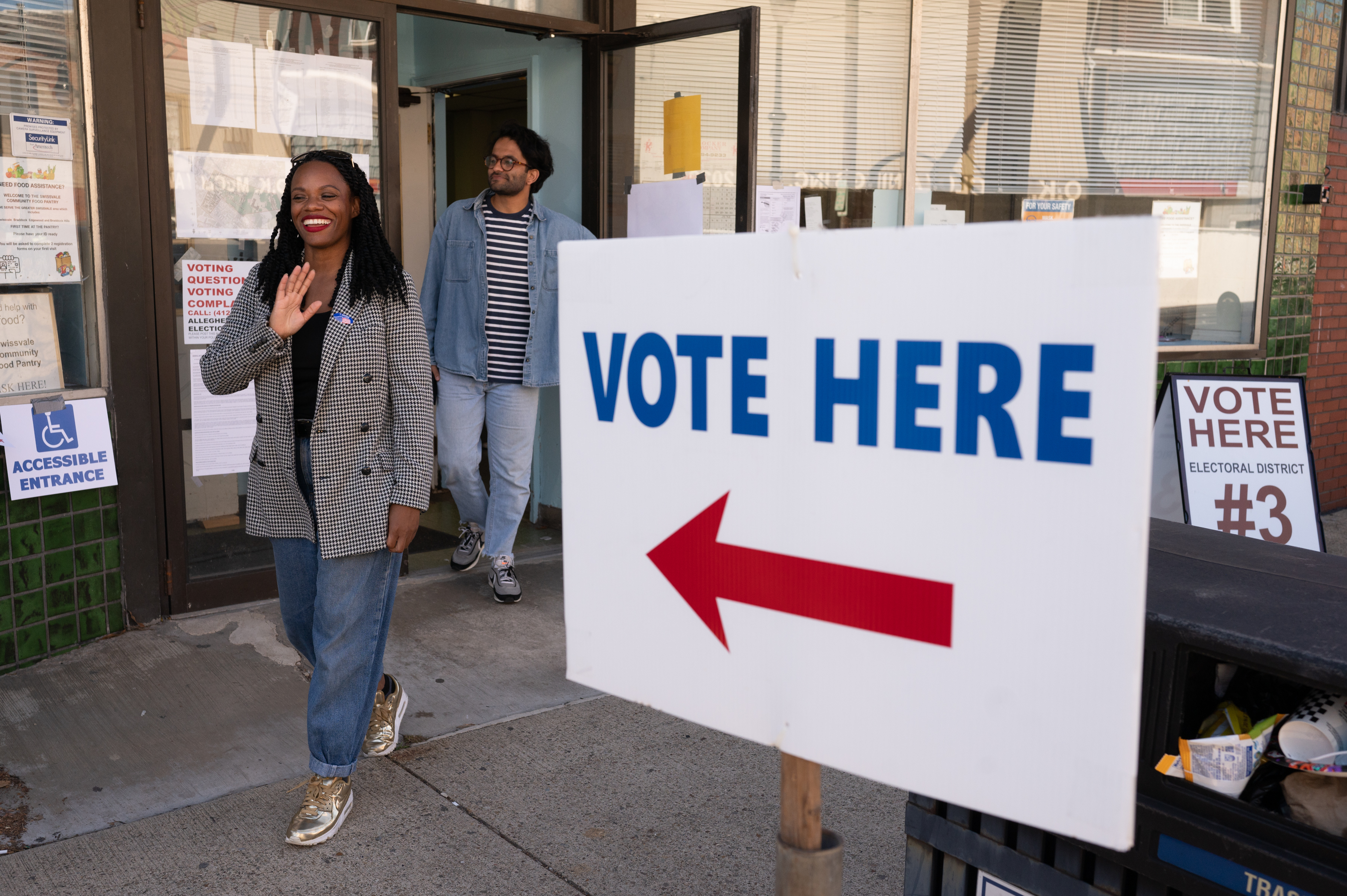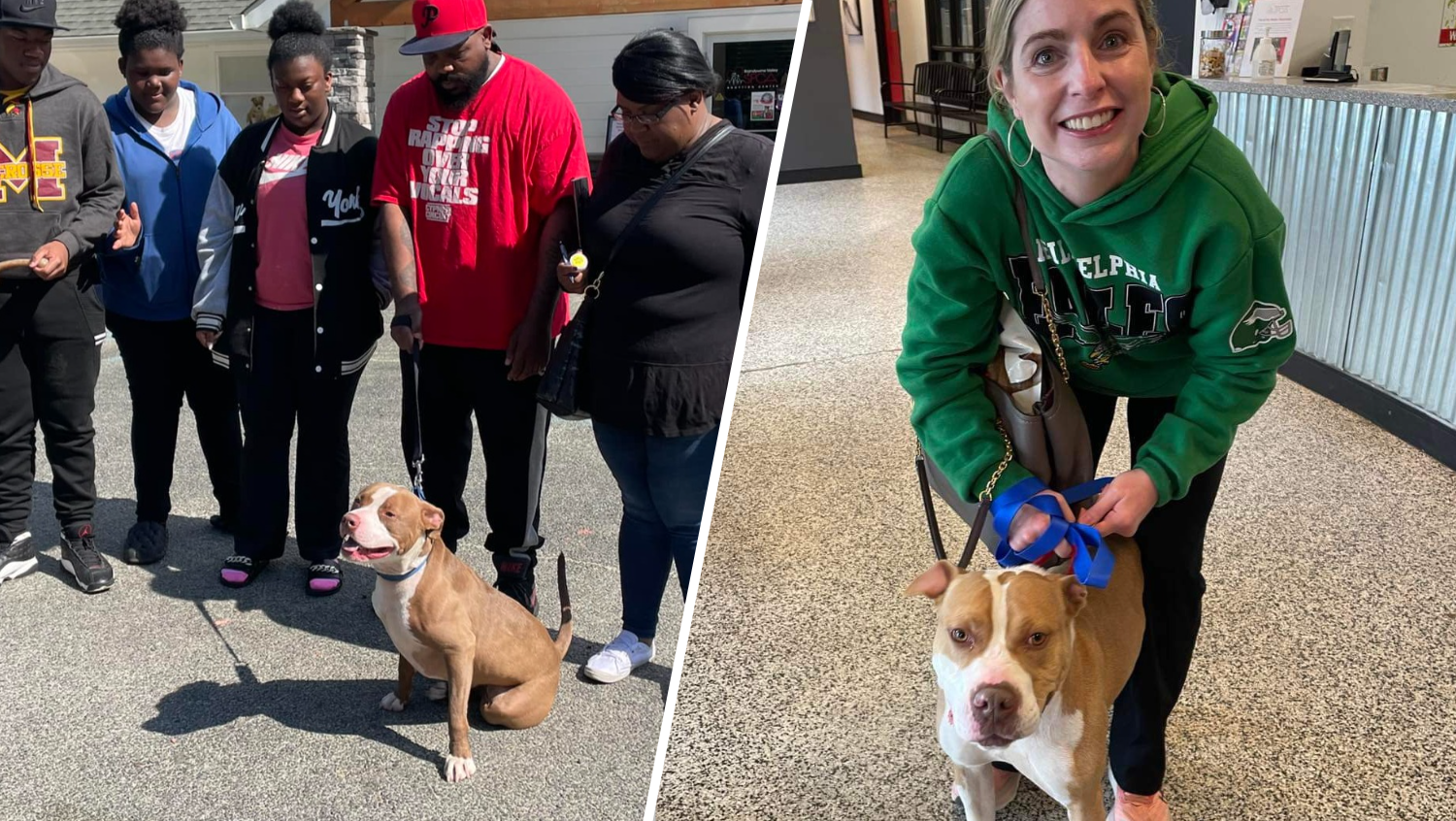Researchers at Temple University are using the same GPS technology that helps you get directions on your smartphone to unearth new data on people with serious mental illness.
Tracking the community participation of people with serious mental illness — such as schizophrenia or severe depression — will fill an important research gap, said Mark Salzer, chairman of the department of Rehabilitation Sciences at Temple University's College of Public Health and lead investigator.
"For the most part, research focuses on their deficits, or on their illness," he said, adding that's why there's not a lot of information on mobility and community participation of those with serious mental illness.
"I also think there's somewhat of a bias," said Salzer. "I suspect we don't think people have lives outside of the mental health system."
Previous research on community participation — going to work, going to school or church — relied on surveys. These are subjective, said Salzer, because they require people to remember and report what they did.
Local
Breaking news and the stories that matter to your neighborhood.
In this study, participants will carry a GPS-enabled smartphone for two-week periods, recording their every move. Participants will also keep a log of their moods and activities. Then researchers will circle back with participants to match the two types of data together. The three-year project is funded through a $600,000 grant from the National Institute on Disability and Rehabilitation Research.
Salzer and co-researcher, Eugene Brusilovskiy, director of the GIS Analytics in Rehabilitation Research Laboratory at Temple, want to use this information to gain understanding in three areas.
First, they want get more objective information on where people with serious mental illness go and what they do. "We'll kind of be with them using GPS," said Salzer.
Second, they want to show that this methodology works to gauge activities of people with serious mental illness. Validating this method could provide new ways to gauge the impact of a treatment method or pharmaceutical intervention.
Finally, they want to look at how environmental variables affect people's participation in society.
"One thing that's exciting for me is the impact of the weather on participation," he said. Rain, sun or shine, Salzer and Brusilovskiy will see how that affects mobility. Researchers also plan to look at neighborhood layout and access to different types of public transportation with the GPS data, to glean information that could influence policy recommendations.
Community participation is a known benefit to people with serious mental illness — cognitively and physically, Salzer said. But he was worried about the possibility people might not agree to people to being monitored. That question was answered in a pilot study last year.
Volunteer David Munch participated in that study, saying that he didn't mind being tracked for a good cause.
"Anything that will help people who might fall through the cracks," he said. "In the scope of a study with participants who understand what they're doing — the outcome might be beneficial."
People with serious mental illness are the single largest disability group, representing about 5 to 7 percent of U.S. adults.



